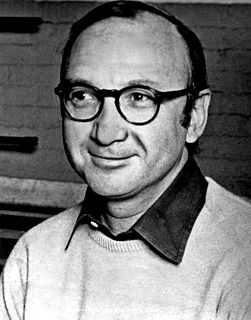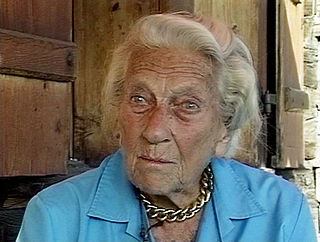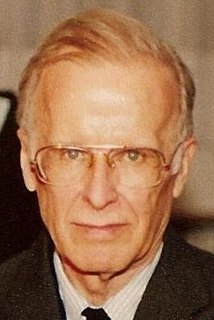A Quote by Robert Greene
There was writing and foreign languages. I always had an ease with foreign languages. So the both are related, both language related kind of mind.
Related Quotes
I work in Hebrew. Hebrew is deeply inspired by other languages. Not now, for the last three thousand years, Hebrew has been penetrated and fertilized by ancient Semitic languages - by Aramaic, by Greek, by Latin, by Arabic, by Yiddish, by Latino, by German, by Russian, by English, I could go on and on. It's very much like English. The English language took in many many fertilizations, many many genes, from other languages, from foreign languages - Latin, French, Nordic languages, German, Scandinavian languages. Every language has influences and is an influence.
I can read more languages than I speak! I speak French and Italian - not very well, alas, but I can get by. I read German and Spanish. I can read Latin (I did a lot of Latin at school.) I'm afraid I do not speak any African languages, although I can understand a little bit of the Zulu-related languages, but only a tiny bit.
I knew that I was writing for an American audience and that if I sold foreign rights, they would retranslate the book to make it make sense to that language. But one thing that was really important to me was not to italicize any of the words in the languages that were in the stories, because I feel like those foreign words felt just as important and integral to the story as everything else, so I wanted it all to just exist as its own thing.
There is a slam-dunk case for extending foreign language teaching to children aged five. Just as some people have taken a perverse pride in not understanding mathematics, so we have taken a perverse pride in the fact that we do not speak foreign languages, and we just need to speak louder in English.
Writing in African languages became a topic of discussion in conferences, in schools, in classrooms; the issue is always being raised - so it's no longer "in the closet," as it were. It's part of the discussion going on about the future of African literature. The same questions are there in Native American languages, they're there in native Canadian languages, they're there is some marginalized European languages, like say, Irish. So what I thought was just an African problem or issue is actually a global phenomenon about relationships of power between languages and cultures.
It's fun when the writers start writing jokes to you, but also it's fun when the writers will come to you and say 'Hey, listen, we're working on this story and we need to know if you speak any foreign languages.' And I said 'No, I don't. I speak a little Spanish, but I can learn a foreign language.' And they go 'Okay, do you think you can learn Portuguese?' And I go 'Yeah, whatever it takes. If it's funny, I'll do it.' So of course I start looking online and learning Portuguese, and as it turns out, I get the script and it's now Serbian.
Von Neumann languages do not have useful properties for reasoning about programs. Axiomatic and denotational semantics are precise tools for describing and understanding conventional programs, but they only talk about them and cannot alter their ungainly properties. Unlike von Neumann languages, the language of ordinary algebra is suitable both for stating its laws and for transforming an equation into its solution, all within the "language."






































